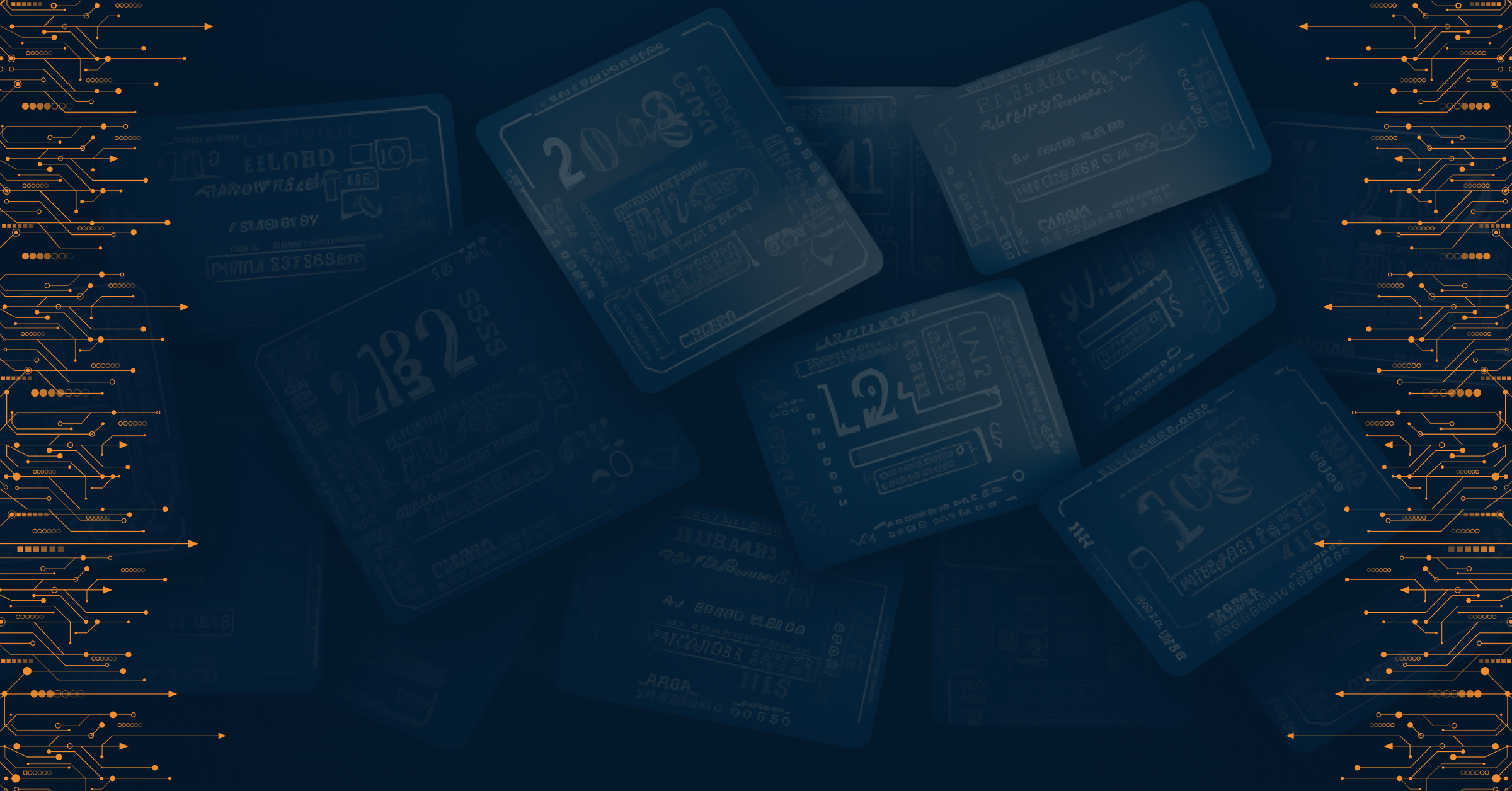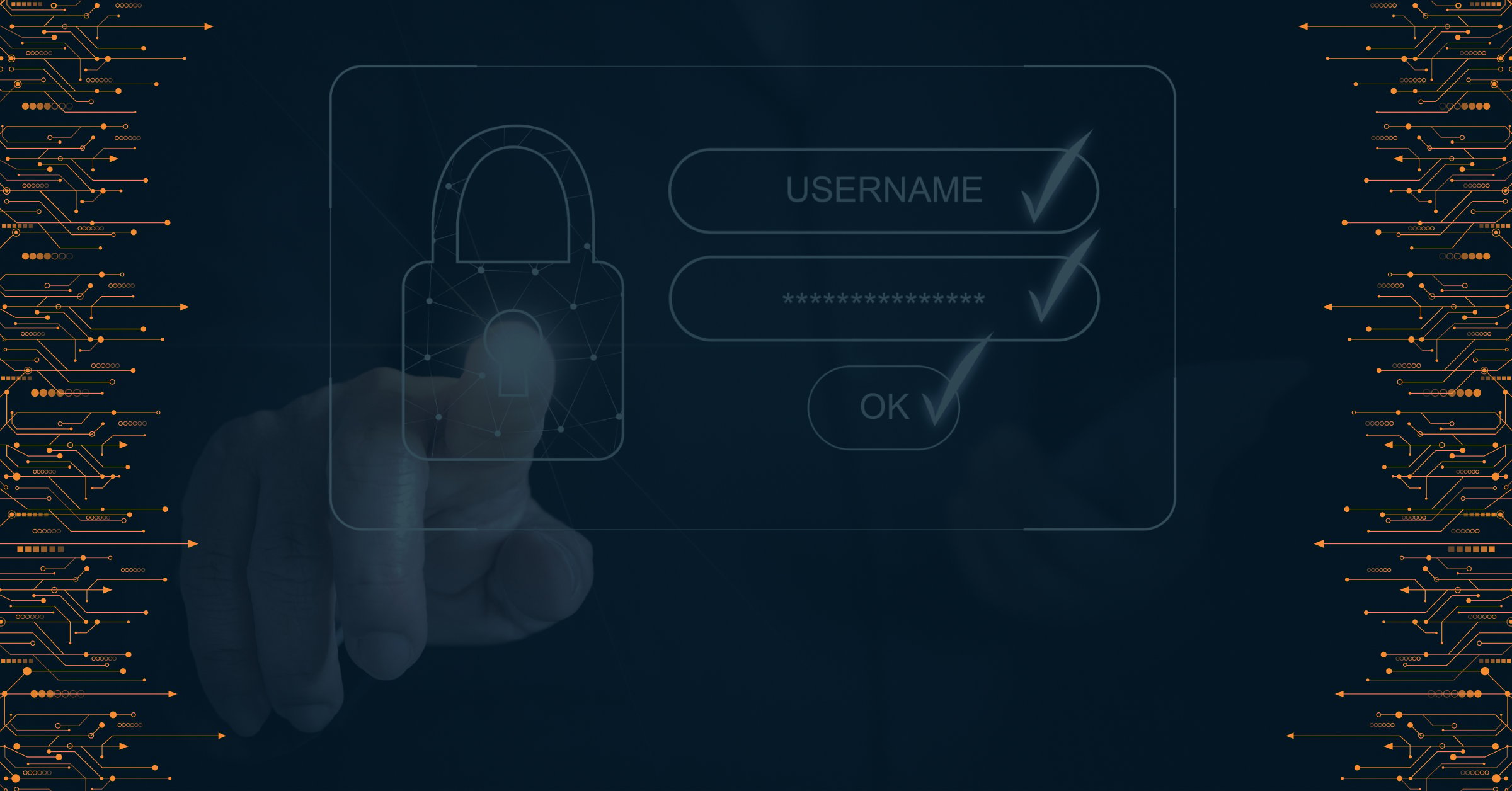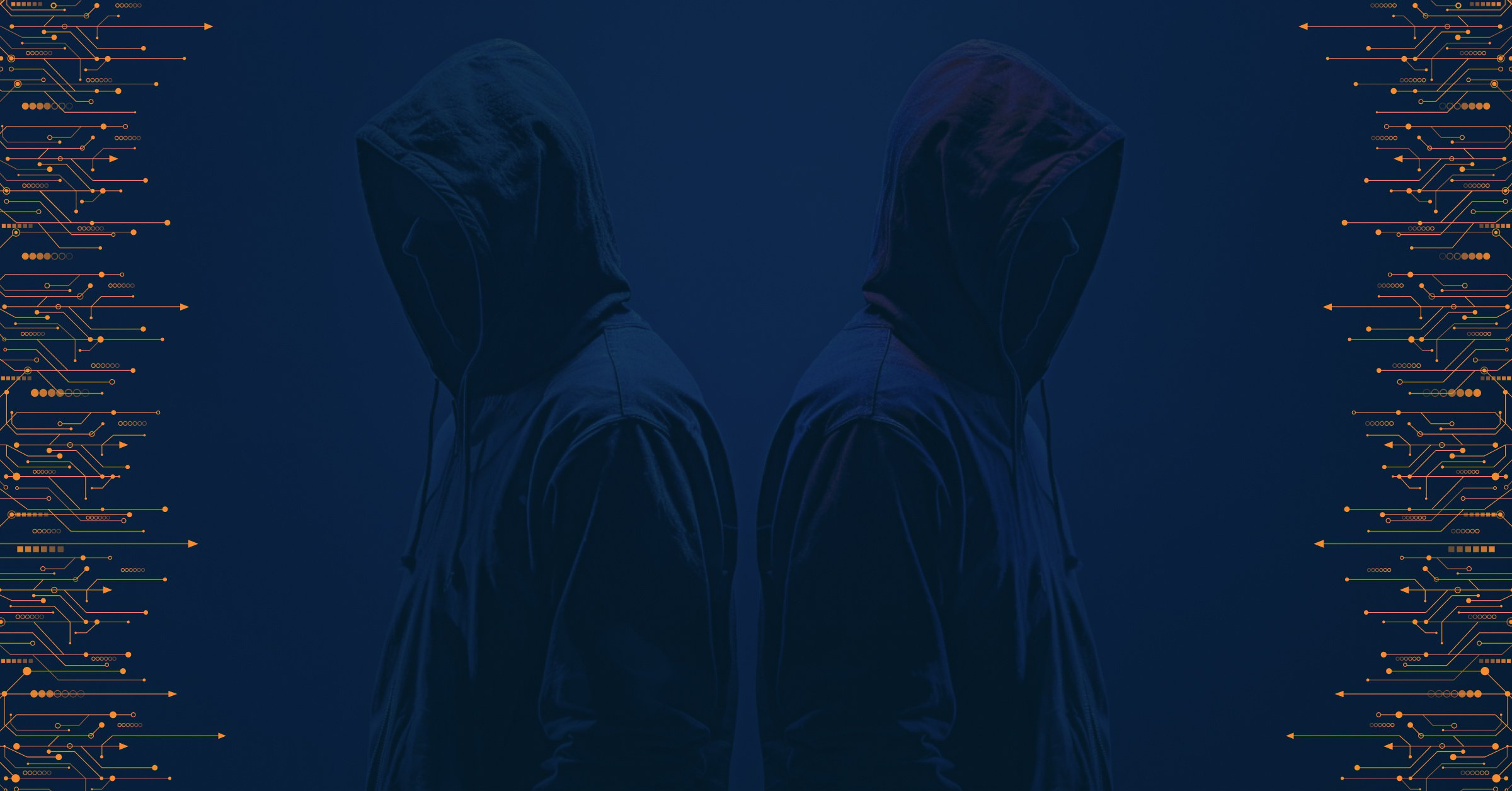The Dark Side of Online Ticketing
People love to have a VIP experience at major baseball, festivals, and concert stadiums. However, there are many stories out there about how people got scammed into buying fraudulent tickets online. In the tech-driven space, data shows that cyber threats and risks are at an all-time high, and cybercriminals are more active than ever to scam people online.
Buying tickets for an event online is practical and straightforward. In fact, sales of online tickets continue to break records. Scammers see this as an opportunity to infringe on people’s personal information and exploit their financial data. Additionally, scammers now set up fake sites with malicious intent to steal people’s money, which is common when selling tickets online.
Selling and Buying Fraudulent Online Tickets: Perspective
Research highlights that the scams around online ticket sales have increased for the fifth year in a row. Most people check out third-party sites and social media to look for resale tickets. The bad news is that it has made fraud and scams around online tickets spiral out of control.
You can run into a multitude of questionable and spam links selling tickets online. Scammers often trap people through clicks on different ads that redirect them to a fraudulent virtual marketplace.
You’d be surprised how many fraudulent tickets sell online, which quickly brings more people into the sphere. Many scammers sell online tickets to concerts to steal users’ data and sell it on the dark web.
Since tickets to festivals and concerts sell like hotcakes, people don’t mind sharing their personal information, including debit/credit card data on the ticket platform. It makes users’ private information more vulnerable to cybersecurity risks.
Now, let’s dive into the top pitfalls of buying tickets online and what tips and considerations you should take into account before buying online tickets:
Key Pitfalls in Buying Tickets
~ Booked Tickets In Advance
The most obvious pitfall of buying tickets online is that there’s always no clear-cut way to verify sellers, and people fall prey to fraudulent resellers. However, a similar drawback to buying tickets online is when you see many tickets booked in advance.
People usually wonder how a swarm of people have already bought online tickets for a future event. Usually, online bots buy huge quantities of online tickets, which triggers people to buy without research and at a higher price. So, never trust online resellers that sell tickets long before the actual sale of the event has even started.
~ Poor Online User Experience
One of the major pitfalls of buying online tickets is that you run into scams, and one of the key identifiers is awful user experience. In fact, licensed and verified online ticket sellers have dedicated websites that offer a seamless user experience. So, prioritize the customer journey and assess the user experience while visiting online seller/reseller websites.
Not every ticketing platform is complex. In fact, the best ticketing sites offer a flawless user experience with added features. Look for red flags, like if the site has annoying pop-ups, obstacles, a complex checkout, or is slow. Take a step back and look for a reputable online ticket seller.
~ Phishing Websites and Typosquatting Attacks
People often run into phishing sites or sites that imitate the sources. Once individuals share their private credit/debit card details – they end up paying for a fake ticket and get scammed. What’s worse is that they also compromise their financial information.
On the other hand, typosquatting refers to socially engineered cyberattacks. So, instead of using the Google search engine, these attacks impact users who incorrectly add a URL in a web browser. It tricks people into checking out malicious sites with misspelt URLs that are not legitimate. You can also get tricked into sharing your sensitive information on these sites.
Solutions to Avoid Buying Fraudulent Tickets and Scams
Conduct Basic Research
When buying tickets online, do your due diligence and research sellers. Check out the seller’s social media presence and website to see if it is verified. Also, you can compare online ticket sellers or resellers against top ticket providers.
Check the link to buy tickets and see if the seller’s site comes with basic security features. You can continue your private investigation, check out the seller's ticketing partners, and take an objective look at its contacts, reviews, and previous events.
Be Clear about Where You Purchase Your Online Tickets
With a plethora of third-party sellers and consistent price changes, it is imperative for online ticket buyers to take a few considerations and ensure they don’t deal with non-reputable sources. In fact, buyers should only purchase online tickets from verified, authorized, and reputable sources.
One Google search, and you’ll find sites where people buy the most tickets online. Focus on reliable sites that have a lot of credible reviews and trusted sources. It is the best way to avoid buying fraudulent tickets online. Instead of a standard rate, scammers and fraudsters sell online tickets at a significantly higher or lower price point that raises suspicion from the get-go.
Evaluate the Payment Methods
Buying online tickets requires making sure ticket seller websites feature secure payment options. Ensure the ticket seller’s site address has “HTTPS” and a padlock symbol.
The last thing you want to do is pay for an online ticket where you indirectly reveal your financial information and cannot trace back or recall your payment. So, if there is a transaction fee, see if it is reasonable. At all costs, make sure your payment information for buying an online ticket is accessible.
Review the Reselling Rules for a Ticket
You can check out whether or not the official ticketing website is authorized to sell/resale tickets. Like sports, there are rules in selling and reselling tickets on online platforms. So, buy your ticket from a legitimate platform.
Otherwise, you might become one of the victims where people find out at the event that the platform they bought a ticket from was not authorized to resale it in the first place. The key is to make sure you don’t buy tickets from shady classified ads and unverified social media accounts.
Final Thoughts
Whether it’s a show, concert, music festival, or sporting event, scammers usually target individuals who are most likely to fall for fraudulent online tickets. The fact is that people are often so excited to see their favorite musician or artist perform live – they fail to take basic security measures.
In the digital age, selling and buying online tickets have become mainstream. With a significant increase in demand for tickets, many scammers sell fraudulent tickets online. Your goal should be to take basic precautions and be strategic about buying online tickets. In hindsight, all it takes is a proactive action to research and determine whether or not the seller is genuine.

PRODAFT Team
Stay up to date
Browse Posts
Browse by topics
- Cybercrime awareness (15)
- Cybersecurity for Businesses (10)
- Risk management (7)
- Cybersecurity Tips (6)
- Digital safety (6)
- Proactive Threat Intelligence (6)
- Cyber threat protection (5)
- Cyberattacks (5)
- Risk intelligence (5)
- Threat Prevention (5)
- Data Protection (4)
- Network Security (4)
- Phishing (4)
- Supply chain risks (4)
- TTPs (4)
- Artificial intelligence (3)
- Critical network infrastructures (3)
- Malicious websites (3)
- Malware (3)
- Social engineering (3)
- Data breaches (2)
- Insider Threats (2)
- NIS2 Directive (2)
- Ransomware (2)
- CISOs (1)
- Cryptocurrencies (1)
- Cyber espionage (1)
- Cyber extortion (1)
- Cyber fraud (1)
- Cybersecurity Collaboration (1)
- DDoS Attacks (1)
- Deepfakes (1)
- DoS Attacks (1)
- Fake social media (1)
- Incident Response (1)
- Internet of things (1)
- Money Laundering (1)
- Multi-factor authentication (1)
- One-day vulnerability (1)
- Remote Work (1)
- Stealers (1)
- SystemBC (1)
- The Cyber kill chain (1)
- Threat Intelligence solutions (1)
- Tor browser (1)
- Traffic Distribution System (1)
- Zero-day vulnerability (1)
- dark web (1)
- deep web (1)
- keyloggers (1)
- social media (1)
- spoofing (1)
- threat detection (1)



















